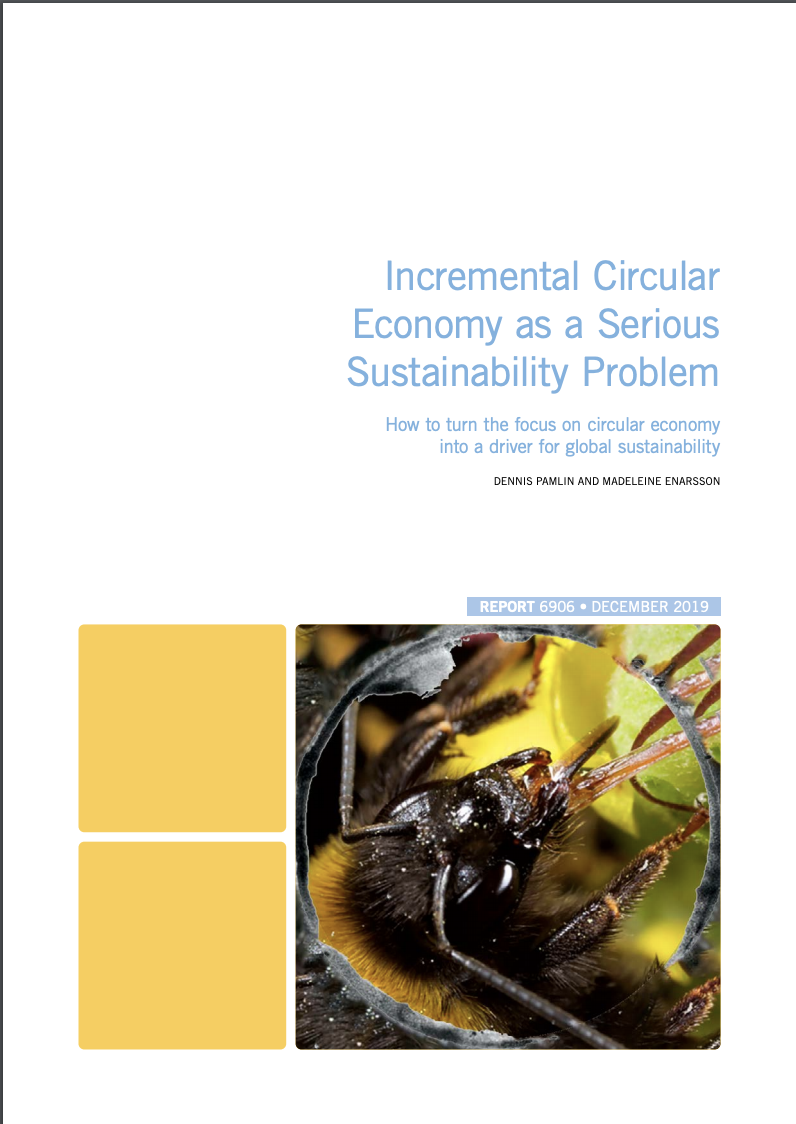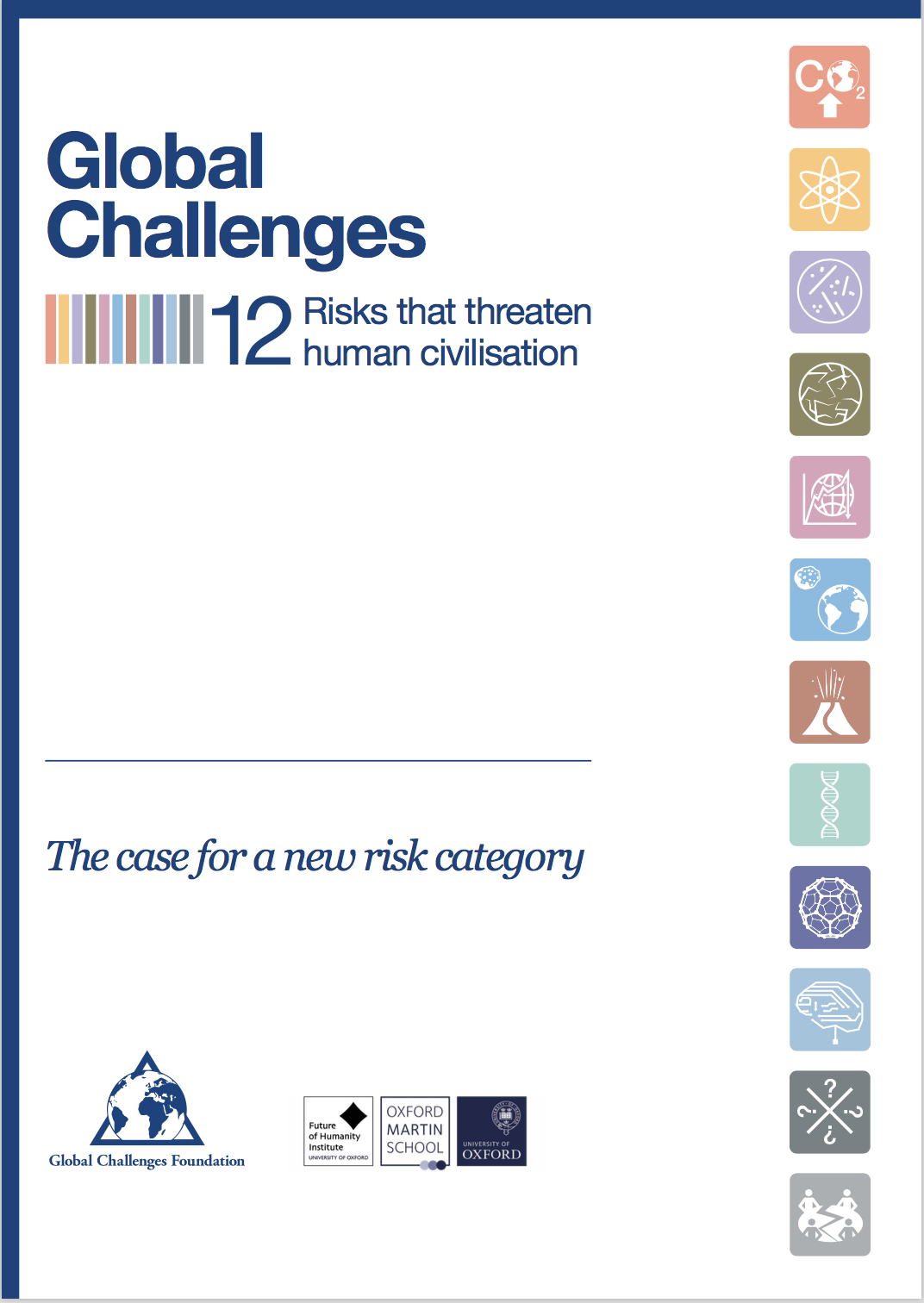From the Silk Road to the stars (Article in China Daily)
/Below is an article published in China Watch. The original article can be found here
++++++++++++++++++++++++++++++++++++++++++
By Dennis Pamlin | 中国日报网 |
Updated: 2019-01-24 10:17
With its successful Jan. 3 moon landing -- the first ever on the “dark side of the moon” -- China helped humanity take another step toward becoming a space-faring civilization.
In the world we live in, the successful moon landing was unfortunately not only celebrated, but was seen by many from a confrontational perspective. US President Donald Trump has already declared that he wants to create a new “Space Force” by 2020. The plan is to make that space force the sixth branch of the military. Without leadership, space could become the next major conflict zone and any space activity seen as a provocation by competing forces.
With many global challenges, we can and should not waste resources on a military space race. Current weapon technology means the consequences of a future space war could also be fatal for humanity. At the same time, it is obvious that the resources for military expansion into space would be much better used if they were invested for peaceful purposes -- as well as addressing urgent global challenges such as world poverty, growing inequity and the accelerating ecological collapse due to biodiversity loss and climate change.
With the successful moon landing, China now has the attention of the world and thereby an opportunity to help shape the direction of global space exploration. A new direction for space exploration could also help set a new standard for global collaboration. Clarifying that the space exploration should be peaceful is a good first step. However, the current situation provides us with a unique opportunity and China should consider establishing a three-pronged approach to sustainable space exploration that would be integrated into an eco-civilization agenda.
First, a new set of global goals for space exploration should be presented. The international Space Station (ISS) where the United States, Russia, Japan, Europe and Canada collaborate, has demonstrated that international space collaboration is possible. A global action plan to develop the technology to prevent future asteroid impacts through the capacity to detect, track and deflect asteroids could be one of humanity’s greatest collaborative achievements, which would reduce one of the main long-term threats to human civilization. China could also propose a global approach to the first human settlement on Mars, and help ensure that the settlement is built on sustainable technologies. These initiatives should be science driven with total transparency and a research agenda where people all around can collaborate.
Second, the excellent work by United Nations Office for Outer Space Affairs, which demonstrates the benefits of space exploration for global sustainability, should be accelerated. China could challenge all countries and companies active in space exploration to make relevant solutions for key global challenges available for free. An even stronger link between space exploration and global sustainability would help strengthen peaceful collaboration.
Third, it is time to integrate global infrastructure development on earth with peaceful space exploration. The establishment of the first permanent colony beyond Earth is within reach. This generation could be the first one to experience how we as Homo Sapiens became a space-faring species. A long-term plan for equitable and sustainable space exploration is an important part of such a journey.
By exploring how all major infrastructure investments on earth can help accelerate and guide space exploration in a sustainable direction, we can ensure that space becomes a shared project that is about increased benefits and knowledge for all. Technology development on Earth and in space should support each other so that they can help us move beyond our destructive industrial civilization and focus on the transition to a global eco civilization.
As the largest infrastructure project on the planet the Belt and Road Initiative could lead the way by integrating not just traditional sustainability goals, but also by helping develop and deliver on sustainability goals for an emerging space civilization.
We already see leading thinkers arrange events such as UN Industrial Development Organizations’ “BRIDGE for Cities - Belt and Road Initiative: Developing Green Economies for Cities”. During the BRIDGE event in 2018, links between the Belt and Road Initiative, space exploration and sustainability were discussed with representatives from both China and Europe. Hopefully, we will see more meetings in 2019 at which a peaceful space agenda can be discussed in the context of global sustainability goals.
It will take some time getting used to thinking of humanity as a space civilization. However, many of the children born today will be alive 2100 and by then, we will most certainly be a space civilization. The question is: What kind of civilization will that be? Let us do what we can so that those alive in 2100 will be able to look will back at 2019 as the year when, despite many conflicts and problems, the world took the first significant steps towards a spaced based eco-civilization.
Dennis Pamlin is a senior adviser at the Research Institutes of Sweden (RISE). The author contributed this article to China Watch exclusively. The views expressed do not necessarily reflect those of China Watch.
All rights reserved. Copying or sharing of any content for other than personal use is prohibited without prior written permission.






























